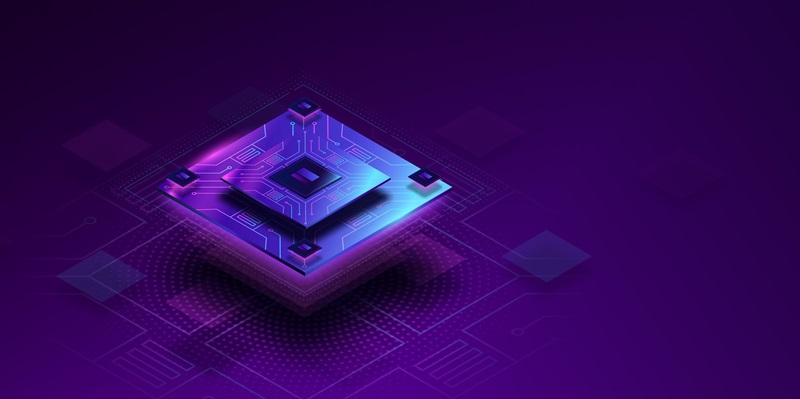With the rapidly evolving technological landscape, AMD has firmly established itself as a leading player in the processor market. Building on the success of their Ryzen 7040 “Phoenix” family, AMD is preparing to unleash their next-generation APUs, the Ryzen 8040 “Hawk Point” series. This article takes an in-depth look at these APUs, exploring their specifications, segmentation, performance efficiency, and potential impact on the handheld industry.
Background and Demand for a Refresh
Before diving into the details of the Ryzen 8040 APUs, it is crucial to understand their lineage. The Ryzen 7040 “Phoenix” APUs have seen significant demand and adoption across various market segments. Recognizing the value of these APUs, AMD has decided to refresh the Phoenix family before embarking on more substantial upgrades.
Specifications of Ryzen 8040 APUs
The Ryzen 8040 APUs will leverage the Zen 4 core architecture, representing a significant performance leap over their predecessors. They are designed to be compatible with the FP7/r2 and FP8 platforms, ensuring a seamless transition for existing users. Moreover, these APUs will support DDR5/LPDDR5x memory, bringing faster and more efficient memory capabilities to the table. In terms of graphics, the Ryzen 8040 APUs will feature the RDNA 3 architecture, enhancing the visual experience for users.
Segmentation of Ryzen 8040 APUs
To cater to the diverse needs of users, AMD plans to divide the Ryzen 8040 APUs into two segments: the H-series and the U-series. The H-series will target high-performance laptops, offering powerful computing experiences for demanding tasks. On the other hand, the U-series will focus on ultra-mobile devices, prioritizing power efficiency without compromising on performance. This segmentation ensures that AMD’s APUs cater to a wide range of applications, providing users with optimal choices based on their needs.
Naming scheme for Ryzen 8040 APUs
Building upon the conventional naming scheme used in the Phoenix family, AMD remains committed to offering a clear and intuitive nomenclature for their Ryzen 8040 APUs. This simplifies the decision-making process for consumers, enabling them to easily identify the product that best suits their requirements.
Performance efficiency in the laptop segment
One aspect that has created considerable excitement is the expected performance efficiency of the HS-series variants within the Ryzen 8040 APUs. With laptops becoming increasingly popular, users are seeking devices that deliver a balance between power and energy efficiency. The HS-series is rumored to address this need, promising impressive performance per watt and extended battery life, elevating the laptop experience to new heights.
Potential impact on the handheld industry
While the laptop segment holds significant promise, the handheld industry is where the true excitement lies. With mobile gaming and handheld devices gaining traction, the Ryzen 8040 APUs have the potential to revolutionize this sector. By combining the power of Zen 4 cores and RDNA 3 graphics architecture, AMD aims to deliver an unparalleled gaming experience on handheld devices, bringing console-like performance to the palm of your hand.
Expected launch timeframe
Enthusiasts eagerly awaiting the release of the Ryzen 8040 APUs will be pleased to know that AMD plans to introduce them in the market as early as Q1 of 2024. These APUs promise to set new benchmarks in performance, efficiency, and gaming capabilities, cementing AMD’s position as an industry leader.
The AMD Ryzen 8040 “Hawk Point” APUs represent a significant refresh of the successful Ryzen 7040 “Phoenix” family. With the Zen 4 core architecture, compatibility with FP7/r2 and FP8 platforms, support for DDR5/LPDDR5x memory, and adherence to the RDNA 3 graphics architecture, these APUs are poised to deliver exceptional performance and a superior user experience. The segmentation into H-series and U-series ensures a broad range of offerings, catering to diverse user preferences. Furthermore, the potential impact on the handheld industry demonstrates AMD’s forward-thinking approach and commitment to innovation. The expected launch in Q1 of 2024 will undoubtedly mark a new era in AMD’s processor lineup, and users can anticipate remarkable products like the Ryzen 9 8940H to elevate their computing experiences to new heights.

